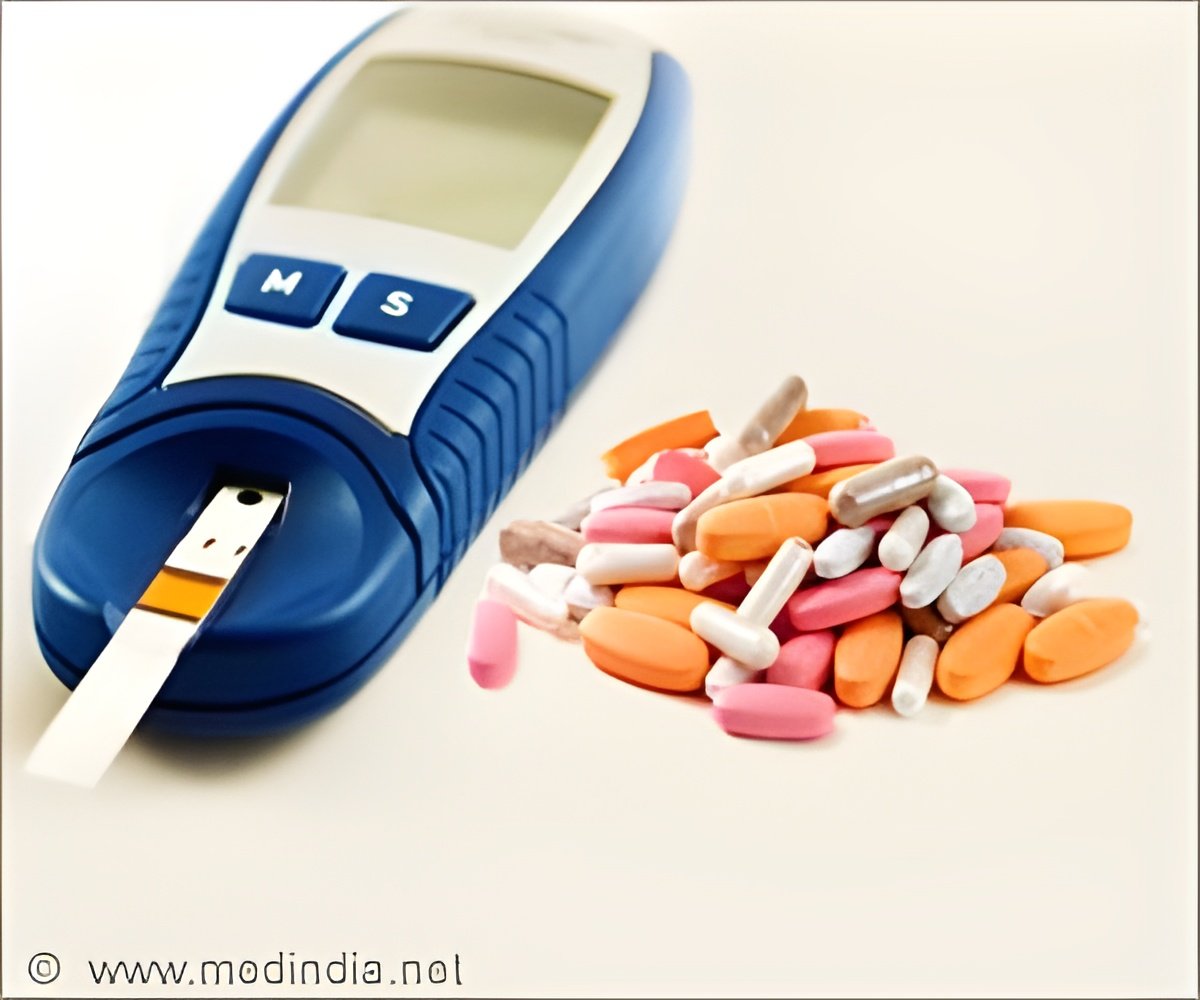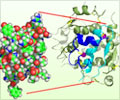Ground breaking research finding on anti-cancer drugs that could protect against type 1 diabetes comes as a welcome news to millions of diabetics worldwide.

The researchers gave very low doses of vorinostat and givinostat to experimental weaning mice that spontaneously develop type I diabetes in their drinking water until they were 100 to 120 days old. They found that the incidence of diabetes was reduced by 38 percent with vorinostat and 45 percent with givinostat in these animals. Interestingly, they also at the same time saw a 200 percent increase in pancreatic insulin content.
The drugs worked by lowering inflammation and demonstrated positive effects that supported a healthy pancreas and helped ward off destruction of beta cells, which are the cells that produce insulin.
Says lead researcher of the study Dan Ploug Christensen, ‘Our results are a step towards developing a preventive treatment for type-1 diabetes.’
‘It works by blocking the molecules that send the harmful inflammation signals into the insulin producing cells. In doing so, it prevents the cells from producing a number of factors which contribute to destroying the cells when exposed to inflammation’, he added.
Professor Thomas Mandrup-Poulsen, who serves as Professor of Medical Research Methodology at the University of Copenhagen and in whose laboratory the current research was carried out, said, 'This type of medicine is already being used against certain cancers, but we used doses which are 100 times lower than those used in cancer treatment and which have been shown to be safe in children with certain rheumatic diseases’.
Since the drugs work by blocking the molecules that send the harmful inflammation signals into the insulin producing cells, the next step of the research involved subjecting insulin-producing tissue from organ donors to inflammation signals and studying the effect of the cancer medicines. The findings revealed that cancer medicines also delay the destruction of human cells.
Currently, there is no cure for type-1 diabetes.
What is Type 1 Diabetes?
Type 1 diabetes, also called insulin dependent diabetes mellitus (IDDM) or juvenile diabetes mellitus, is a condition in which the pancreas fails to produce insulin. Insulin is a hormone that regulates blood sugar levels and converts simple and complex sugars, and other food into energy needed for daily life. The disease that affects millions of people globally usually develops in childhood or before the age of 25 years.
Treating Type 1 Diabetes
Since there is no cure for type 1 diabetes, the only thing you can do is to keep it in under control by managing the disease.
You will be asked by your doctor to exercise regularly and maintain a healthy weight. You will need to consult a registered dietitian to work out a healthy diet that is suitable for you. Closely monitor your blood sugar levels. Try to keep your daytime blood sugar readings before meals between 80 mg/dL and 120 mg/dL, and your bedtime numbers between 100 and 140 mg/dL.
Insulin therapy which involves injecting insulin subcutaneously to normalize the blood sugar level is the first-line treatment of type-1 diabetes. The different types of insulin vary with respect to onset and duration of action.
Rapid acting insulin, long acting insulin, and intermediate options are the types of insulin generally used. The insulin is administered using either a fine needle and syringe, or an insulin pen, or an insulin pump.
Given the circumstances, this ground breaking research may prove very useful in treating type 1 diabetes if the clinical trials are successful.
Reference:
http://www.pnas.org/content/early/2014/01/03/1320850111.abstract















